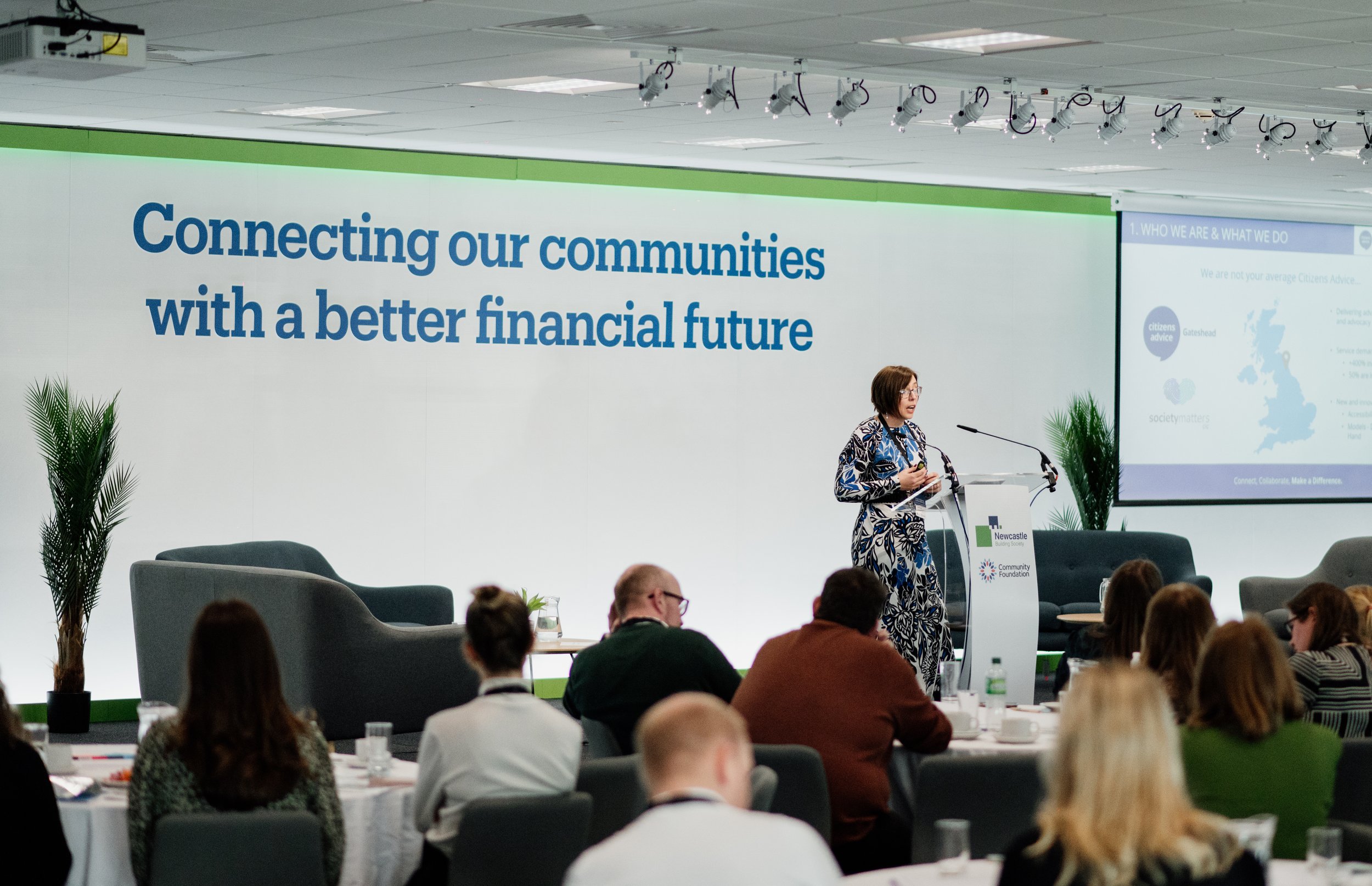Welcome to the second edition of the brand new This is the North podcast newsletter.
Breaking Free from Good Girl Conditioning: A Conversation with Michelle Minnikin
by Alison Dunn, with insights from Michelle Minikin
From Newcastle to Manchester, Leeds to Liverpool, our Northern communities have long been shaped by strong women who've challenged the status quo. This week, I had the privilege of sitting down with Newcastle-based psychologist and author Michelle Minnikin to discuss her groundbreaking book 'Good Girl Conditioning' and explore the unique challenges women face in our region and beyond.
The Origins of Good Girl Conditioning
Michelle's journey began in the North East, where her ADHD diagnosis at age 42 sparked what she describes as 'an unbelievable amount of rage' - not just at her late diagnosis, but at the realisation of how deeply conditioned women are to suppress such emotions. This led her to explore the concept of good girl conditioning, drawing fascinating parallels between coercive control techniques studied in 1950s prisoner of war camps and the systemic ways society shapes women's behaviour.
The median age of sexual assault in the UK is now 14.
From age 11, girls show significantly lower self-esteem than boys.
Growing up in the aftermath of the '90s lad culture, particularly prevalent in Northern cities, has created additional layers of challenge.
The accessibility of inappropriate content through smartphones has created new pressures for young people in our communities.
The Modern Challenge
Our conversation took an especially poignant turn as we discussed the current landscape for women, particularly online. Recent personal experiences with online harassment highlighted how the symptoms of good girl conditioning manifest in modern contexts. As Michelle noted, the North East's traditional industrial heritage has historically shaped expectations of both men and women, creating unique challenges for those pushing against these deeply ingrained norms.
Impact on Young Women
Perhaps most concerning was our discussion about young women in our communities today. Michelle shared some sobering statistics and regional insights:
Stop apologising for existing (a particularly Northern trait, she notes).
Practice saying 'no' without guilt.
Question inherited beliefs (ask 'Who benefits from this?').
Remove diminishing language (like 'just') from business communications.
Reflecting on my conversation with Michelle, the most powerful takeaway was that system change requires both individual and collective action.
In our Northern communities, where social bonds run deep and community matters, this is particularly relevant. Whilst women need support in breaking free from conditioning, men must also step up as active allies - not just claiming to be 'one of the good guys' but actively challenging harmful behaviours when they witness them.
Looking forward, Michelle hinted at an exciting new project - a 'Good Girl Deprogramming' guide for teens, developed with input from Northern schools and families, complete with a companion guide for parents. This development acknowledges that whilst we work to change systemic issues, we must also equip the next generation of women with tools to navigate and challenge these patterns.
Final Thoughts
Our conversation revealed that whilst the challenges women face today are significant, there's growing awareness and resistance to these conditioning patterns. As Michelle pointed out, 'Systems change when people change.' Each small act of resistance, from Newcastle to Sheffield, from Hull to Chester, from Leeds to London, contributes to larger systemic transformation.
For those interested in connecting with Michelle or learning more about her work, you can find her on LinkedIn and Substack, where she regularly shares insights and challenges conventional wisdom about women's roles and behaviours in society, often through a distinctly Northern lens.
> Good Girl Deprogramming Newsletter
Remember: Change doesn't require perfection - sometimes it starts with simply questioning why we believe what we believe, something we're rather good at up North.
Until next week,
Alison Dunn
'The scariest thing about coercive control is that we end up internalising the messages and we police ourselves - and we've been doing it for generations across our Northern communities.' - Michelle Minnikin
Get Involved
> Connect with Michelle Minnikin on LinkedIn.
> Follow her Substack.
> Share your own experiences with challenging Good Girl Conditioning.
> And finally, why not join us at the Society Matters Foundation launch event on March 24th at Newcastle United Football Club? It’s free and places are going fast. Register here: https://society-matters-foundation-launch.eventbrite.co.uk
This is The North Podcast is your source of transformative conversations. An intentional challenge to the systems holding back the North of England. Hosted by Alison Dunn, an award-winning charity chief executive and former solicitor. This podcast is supported by Society Matters Community Interest Company and is dedicated to curating and sharing knowledge, powering the change we need for a more equal and inclusive society. Subscribe to never miss an episode and join our mission to build a stronger, more equitable society for all. This podcast is produced by Purpose Made, empowering change through intentional leadership and shared knowledge.
Breaking Free: The Path Forward
Drawing from her experience working with women and organisations, Michelle emphasised that rejecting good girl conditioning doesn't require a complete rebellion. Instead, she advocates for 'baby steps' and strategic changes:

Book me to talk
If you’re interested in issues of social justice and would like me to provide a key note at your next big event please get in touch. On my website you’ll find some example key notes but there’s much more besides, so please do get in touch and let me know which of the This is the North episodes sparked your interest.
I can also talk to your staff members at a team event or as a mentor on issues of inclusive leadership, social justice, social mobility, how engaged employees transform workplace culture and drive success, and much, much more.
